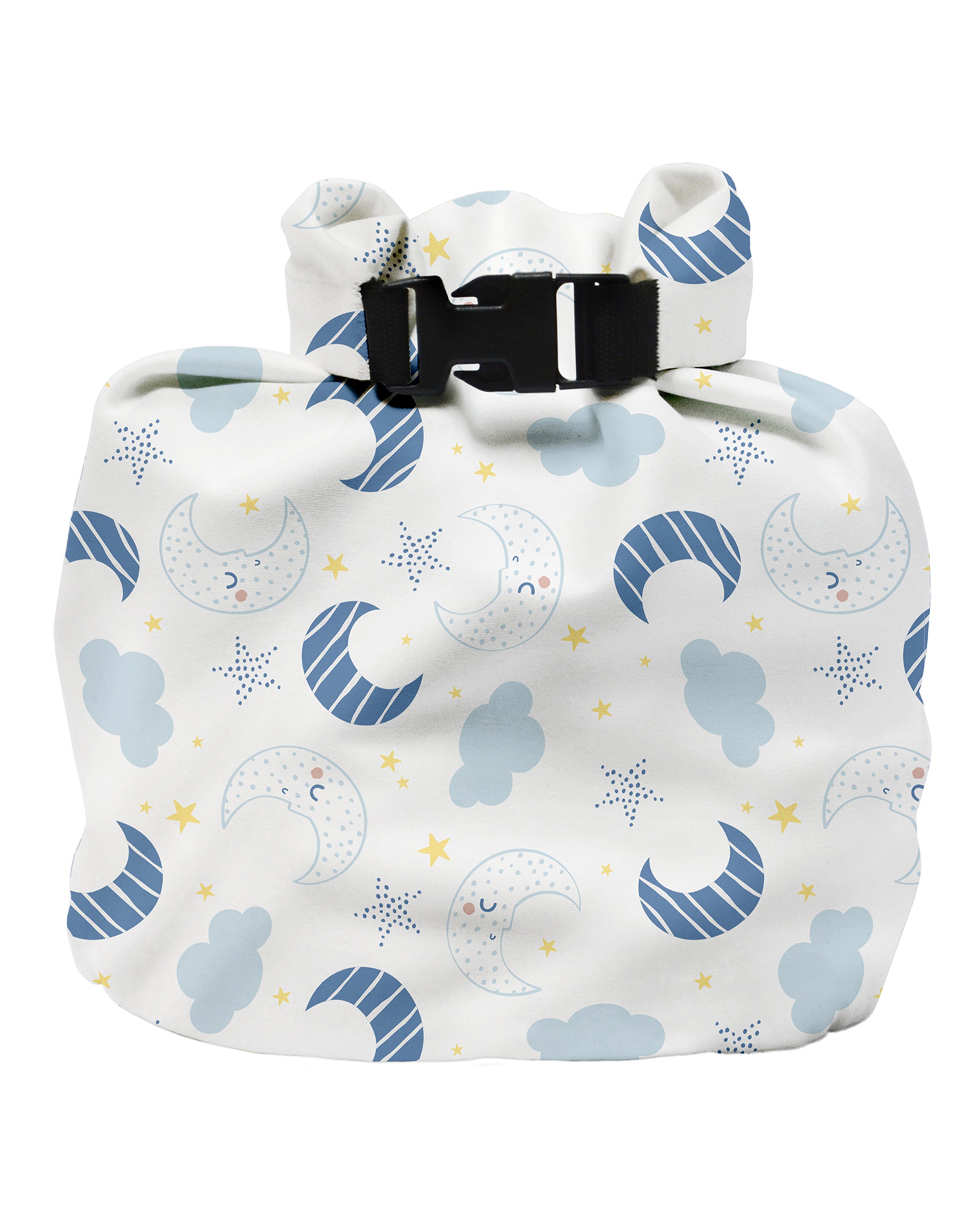Morning Sickness | Glossary of Pregnancy & Baby Term
Share Options
- Bambino Mio
- 24 / 07 / 2023
Inside this Article:
What is morning sickness?
Morning sickness (1) is also known as nausea and vomiting in pregnancy (NVP) and it’s a common pregnancy symptom, with around 80% of pregnant women experiencing some degree of NVP. Some women simply feel nausea while some feel sick and vomit at least a few times.
Despite being commonly known as morning sickness, NVP can affect women at any time of day, or all throughout the day and sometimes at night.
When does morning sickness start?
Typically, morning sickness starts early in pregnancy when the woman’s levels of human chorionic gonadotopin rise (2). Around six weeks of pregnancy is the usual time for NVP to start and it often reaches a peak of intensity around week nine before tailing off at week 14.
Is there anything you can do to prevent or relieve morning sickness?
You can do several things to relieve morning sickness (3), including:
- Eating a complex carbohydrate such as a slice of wholewheat toast before you get out of bed to bring up your blood sugar
- Slowly sip ginger ale or ginger tea as ginger can help to reduce feelings of nausea
- Eat regularly throughout the day to prevent dips in blood sugar, which can make NVP worse
- Avoid triggers such as certain food smells as much as possible
- Rest when you can as tiredness can make morning sickness worse
Is morning sickness serious?
There’s a severe form of NVP, known as hyperemesis gravidarum (HG), which is diagnosed when the woman loses 5% or more of her pre-pregnancy body weight (4) as a result. Between 1% and 3% of pregnant women develop HG with some becoming dehydrated and requiring medical treatment.
There are treatments for hyperemesis (5) that are safe for you and your baby, so call your doctor if you’re vomiting a lot, you can’t keep food or water down or if you have any of the following symptoms:
- You’re weeing much less than usual and your wee is a dark yellow or brown colour
- You can’t keep fluids down
- Your heart is racing
- You feel dizzy or faint when you stand up or, if you’re lying down, sit up
Citations and References
- National Health Service (NHS). ‘Common Symptoms in Pregnancy. Vomiting and Morning Sickness.’ 2021. Web. www.nhs.uk/pregnancy/related-conditions/common-symptoms/vomiting-and-morning-sickness
- National Institutes of Health (NIH). National Library of Medicine. ‘Human Chorionic Gonadotropin.’ 2022. Web. www.ncbi.nlm.nih.gov/books/NBK532950
- National Health Service (NHS). ‘Common Symptoms in Pregnancy. Vomiting and Morning Sickness.’ 2021. Web. www.nhs.uk/pregnancy/related-conditions/common-symptoms/vomiting-and-morning-sickness
- National Institutes of Health (NIH). National Library of Medicine. ‘Hyperemesis Gravidarum.’ 2021. Web. medlineplus.gov/ency/article/001499.htm
- Pregnancy Sickness Support. ‘Treatments.’ 2023. Web. www.pregnancysicknesssupport.org.uk/get-help/treatments




























